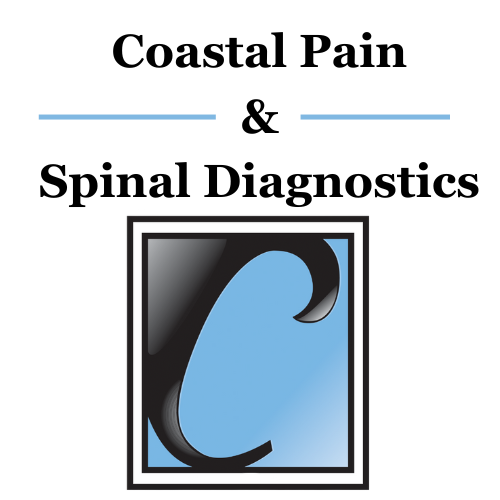The majority of people abusing prescription opioids for non-medical reasons obtain them from friends or family members, often without their consent.
It is critical that you keep your opioid medication stored in a safe, secure, and dry place, where a pet, child, teenager, family member, or stranger cannot access them.
Do not store your opioid medications in several different locations around the home. You should keep the tablets in a bottle with a child-resistant lid, and keep the bottle in a secure lockbox that is approved by your doctor. Only you, and your caregiver if needed, should have access to the lockbox. Please inform your physician if you suspect that someone, including a family member or caregiver, might be stealing your medications.
When disposing of opioid medications, there are specific guidelines you should follow. Remember that expired and unused opioid medication should never be saved. If you receive prescriptions for a dose that differs from your current medications or you receive prescriptions for new medications, you must safely dispose of all leftover old medications.
You should consult the medication guide that accompanies your prescriptions for tips on safe disposal specific to your medication. Also follow the instructions given to you by your physician or pharmacist regarding medication disposal.
When disposing of opioid medications, there are specific guidelines you should follow. Remember that expired and unused opioid medication should never be saved. If you receive prescriptions for a dose that differs from your current medications or you receive prescriptions for new medications, you must safely dispose of all leftover old medications.
